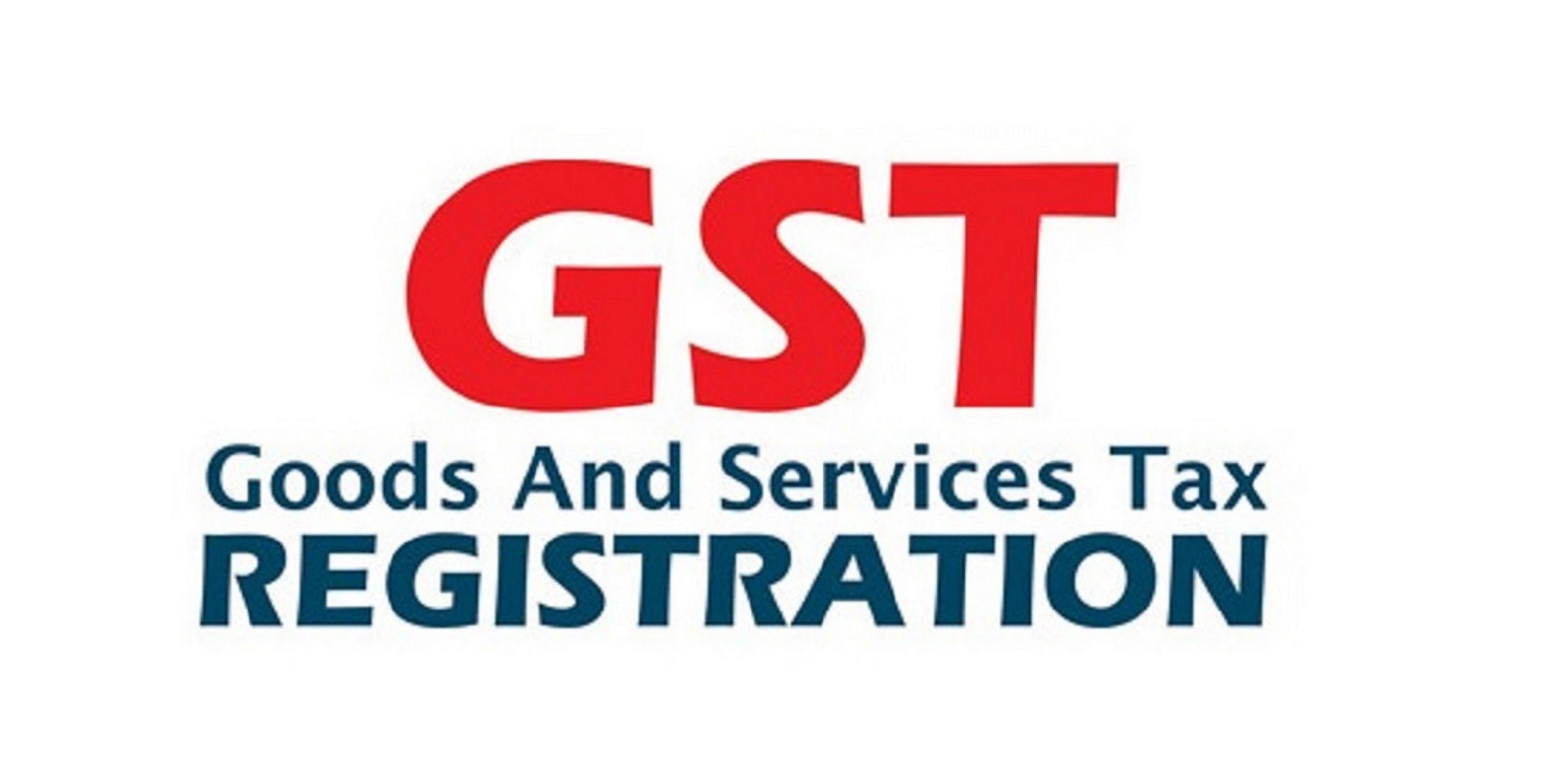Optimizing Tax Obligation Efficiency: Specialist Tips on Navigating the GST Registration Maze for Small Companies
Navigating the intricate landscape of Item and Provider Tax Obligation (GST) enrollment can be a labyrinthine task for small companies aiming to maximize their tax obligation performance. Recognizing the qualification criteria, precise paperwork needs, critical timing factors to consider, and adept registration process pointers can considerably influence a business's economic standing. Compliance with GST regulations is paramount, and sticking to best methods can simplify procedures and protect against possible challenges. In this conversation, we will explore expert insights and workable advice that can empower local business to browse the GST enrollment labyrinth successfully and enhance their tax efficiency.
Qualification Criteria
Eligibility demands for Small Organization GST Registration include certain standards that companies need to fulfill to comply with tax laws. To qualify for GST registration, a service must have a yearly turn over going beyond the threshold set by the tax obligation authorities, which differs by country.

Documentation Requirements
The called for documentation normally consists of proof of service enrollment or consolidation, address and identification proofs of the service proprietor, pictures, bank account details, and proof of the primary location of organization. Additionally, companies need to supply information of their business activities, including the products or services provided.
Besides the obligatory papers, services might additionally be required to submit additional information based on their particular scenarios. This can consist of documents associated with collaborations, the consent of notaries, or any type of other appropriate contracts. Keeping all required documentation organized and readily easily accessible can enhance the enrollment procedure and assistance companies abide by the demands successfully - Singapore GST Registration. Failing to give the needed paperwork may result in hold-ups or also being rejected of the GST enrollment application. Precise focus to information and adherence to the paperwork guidelines are essential for a successful GST registration procedure for little companies.
Timing Considerations
Considering the necessary documentation needs have been thoroughly dealt with, the following critical element for small companies beginning on the GST registration process is the critical management of timing considerations. Timing plays a crucial role in GST registration, influencing not just compliance however additionally monetary aspects of business. Small companies require to very carefully prepare the timing of their GST registration to take full advantage of advantages and minimize potential dangers.

Moreover, services must straighten the timing of their GST enrollment with their functional readiness. Sufficient preparation, such as upgrading audit systems and training team, is important to flawlessly incorporate GST demands into everyday operations. By purposefully taking care of timing factors to consider, little companies can resource browse the GST enrollment process effectively and optimize their tax performance.
Enrollment Process Tips
Efficiently navigating the GST enrollment procedure needs small businesses to execute aggressive and critical registration process pointers. One vital idea is to guarantee all necessary records are conveniently offered prior to starting the registration process. This consists of business enrollment files, evidence of address, bank declarations, and identification evidence of the company proprietors. Verifying the precision of the information supplied is equally essential to avoid hold-ups or rejections.
In addition, understanding the thresholds and requirements for GST enrollment based upon the particular state or territory where business runs is vital. Some states have different turn over limits that cause required registration, so being educated about these limits can assist businesses intend in advance.
Another you can check here useful idea is to think about seeking professional aid from accounting professionals or tax obligation professionals that specialize in GST registration. Their experience can enhance the procedure, reduce mistakes, and make sure compliance with all policies.
Conformity Ideal Practices
Small organizations should prioritize compliance to avoid charges and keep a great standing with tax obligation authorities. Small business proprietors must frequently evaluate federal government guidelines and look for specialist guidance if required to ensure they are meeting all needs. By incorporating these compliance ideal methods into their procedures, tiny services can navigate the intricacies of GST enrollment with self-confidence and effectiveness.
Final Thought
In verdict, small companies can navigate the GST enrollment maze by ensuring they satisfy eligibility requirements, gather needed paperwork, consider timing effects, comply with registration process suggestions, and comply with conformity best methods. By making best use of tax effectiveness through correct GST registration, services can improve their monetary management and operations.
Navigating the elaborate landscape of Goods and Services Tax (GST) enrollment can be a labyrinthine job for small businesses aiming to optimize their tax effectiveness.Qualification needs for Small Organization GST Registration encompass particular standards that companies must fulfill to abide with tax obligation regulations. The called for documentation normally includes evidence of business registration or address, consolidation and identity proofs of the service proprietor, photos, financial institution account details, and proof of the major location of service. Furthermore, services need to offer information of their organization activities, consisting of the services or items provided.Effectively navigating the GST enrollment process requires little businesses to apply proactive and calculated enrollment procedure ideas.
 Brandy Then & Now!
Brandy Then & Now! Sam Woods Then & Now!
Sam Woods Then & Now! Elin Nordegren Then & Now!
Elin Nordegren Then & Now! Kane Then & Now!
Kane Then & Now! Brooke Shields Then & Now!
Brooke Shields Then & Now!